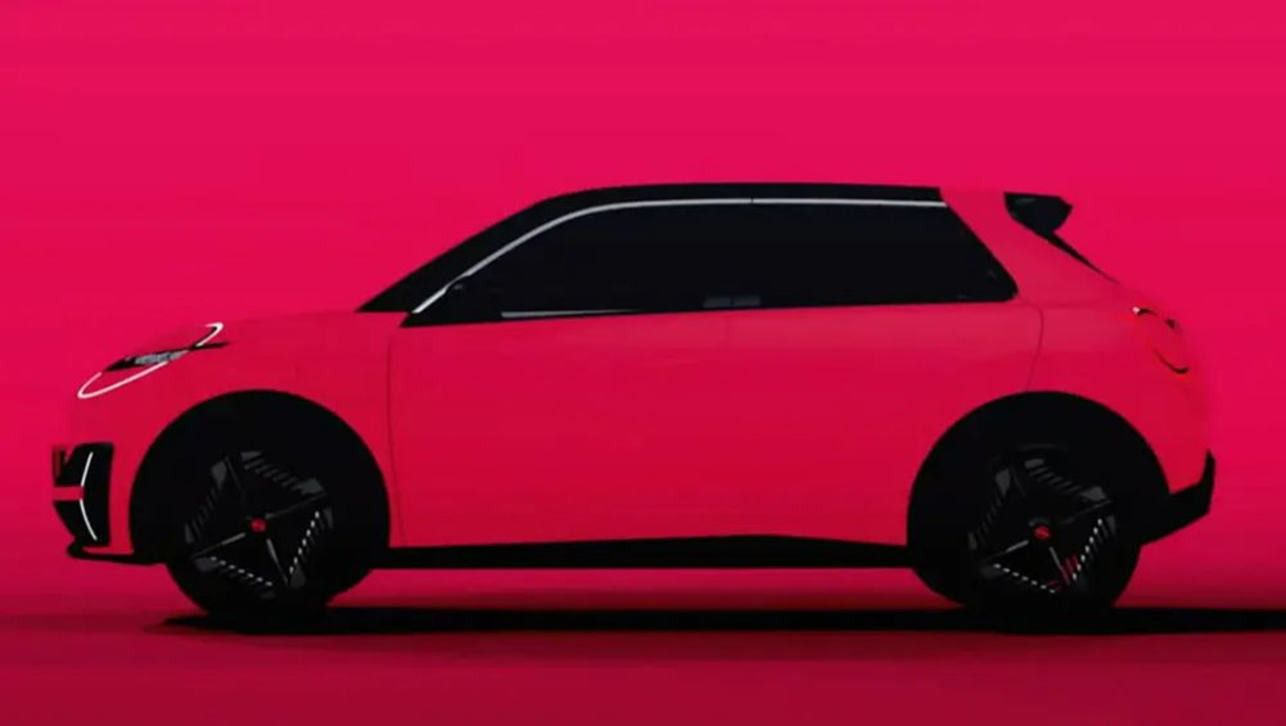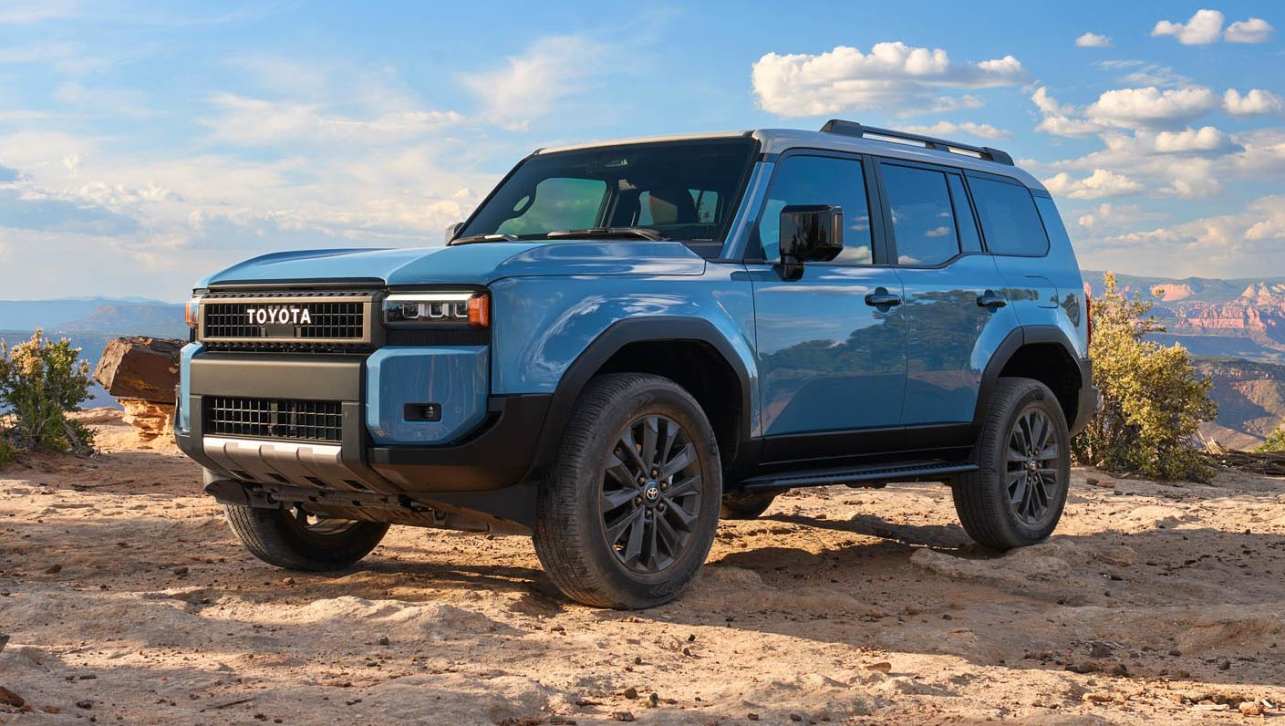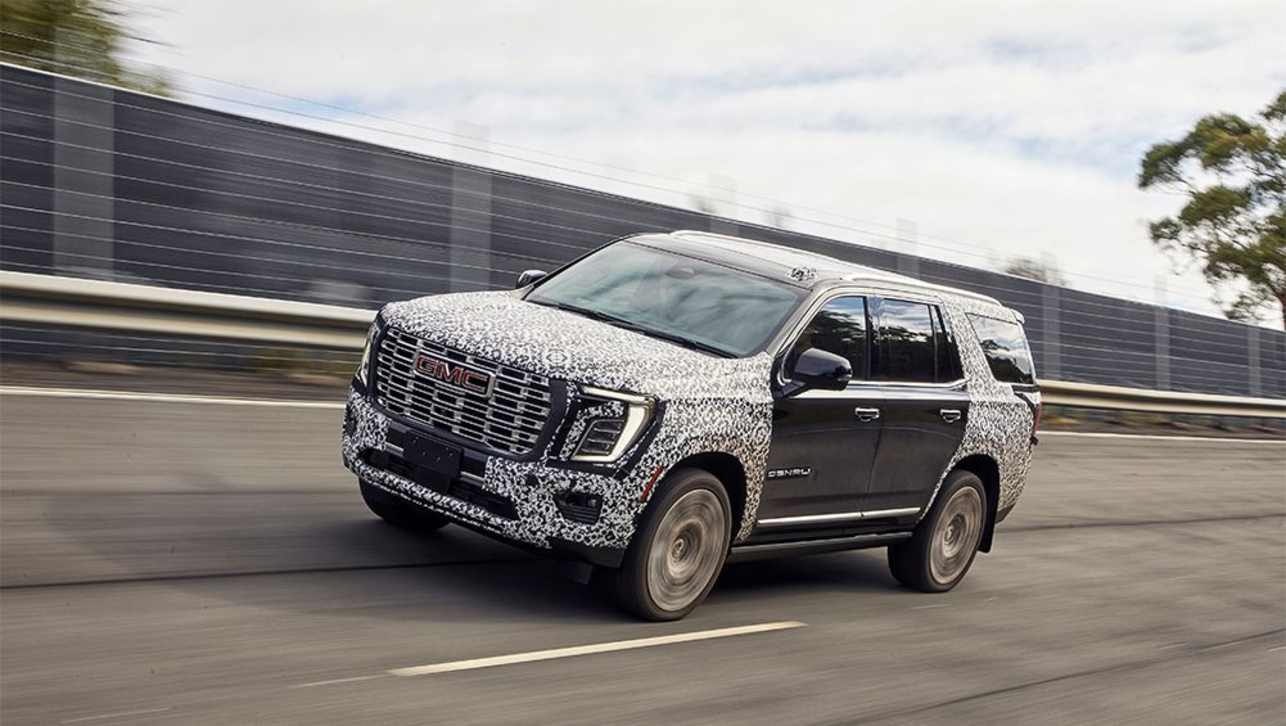It is one of the most unusual leaps in the automotive world: farmers hold the key to the revival of an iconic Japanese sports-car.
The Mazda motor company plans to build a generator -- similar to those found near dams and used to power campsites -- driven by a scaled down version of its famous "rotary" engine.
If sales take off, revenue from the generator will kick-start the rebirth of a modern RX-7, the company says.
"We cannot do one without the other," said Takashi Suzuki, the program manager of the powertrain development team at Mazda, who also adapted the scaled-down rotary engine to recharge the battery pack in Mazda's new electric car.
The rotary engine in the experimental Mazda is just 330cc in capacity, about a quarter of the capacity of Mazda's last rotary-powered sports-car, the RX-8.
The Mazda electric car can travel up to 200km on battery power alone. But when that runs out, the scaled-down rotary engine (fueled by a 9 litre petrol tank) can recharge the onboard battery pack to provide a further 200km of travel.
Mazda's rotary engine was killed in 2012 by high emissions and poor fuel economy. But the company is desperately trying to find a way to make it economically viable in time for the engine's 50th anniversary in 2017, and the RX-7's 40th anniversary in 2018.
At the Tokyo motor show this week, Mazda was pessimistic about the revival of the engine because the development cost would outweigh the return in sales, because sports-cars tend to be niche vehicles.
But if sales of the rotary generator take off then Mazda bosses will consider using that to fund development of a new rotary engine for a future sports-car. Mazda built 811,634 two-seater RX-7 sports cars from 1978 to 2002, according to automotive history websites.
The four-seater RX-8, which had rear-hinged "suicide" doors on either side, notched up 192,194 sales between 2003 and April 2012, but was not deemed successful enough to continue with a new model.
Japanese car maker Mazda is well known for rotary engines but the technology was invented by a German engineer Felix Wankel, who first patented the unique design in 1929.
After unsuccessful attempts at production, Wankel sold the licence to the technology to Mazda and German car maker NSU (the predecessor to the Audi brand, who used it one model, the Ro80).
NSU stopped making the rotary-engine Ro80 in 1977 but Mazda had almost continuous production from 1967 (when it fitted a rotary engine to the Cosmo sports car) until April 2012, when the RX-8 was phased out.
Coming full circle, two years ago German car maker Audi announced it was considering using a rotary engine as a range extender in an experimental electric car.
This reporter is on Twitter: @JoshuaDowling



.jpg)

.jpg)
.jpg)


.jpg)
.jpg)
.jpg)











.jpg)

.jpg)


.jpg)










Comments